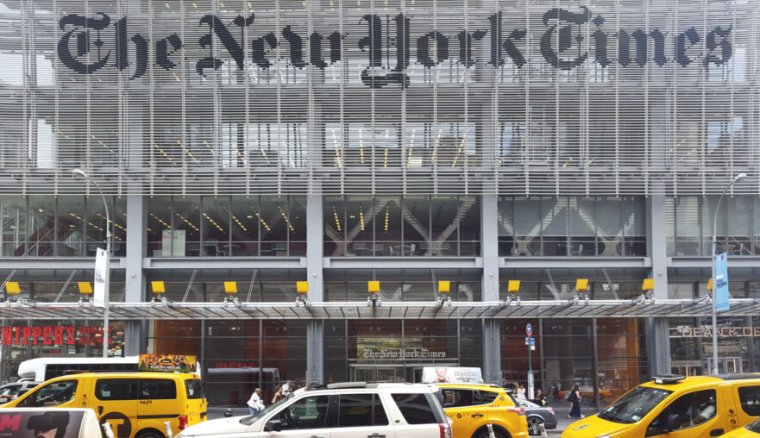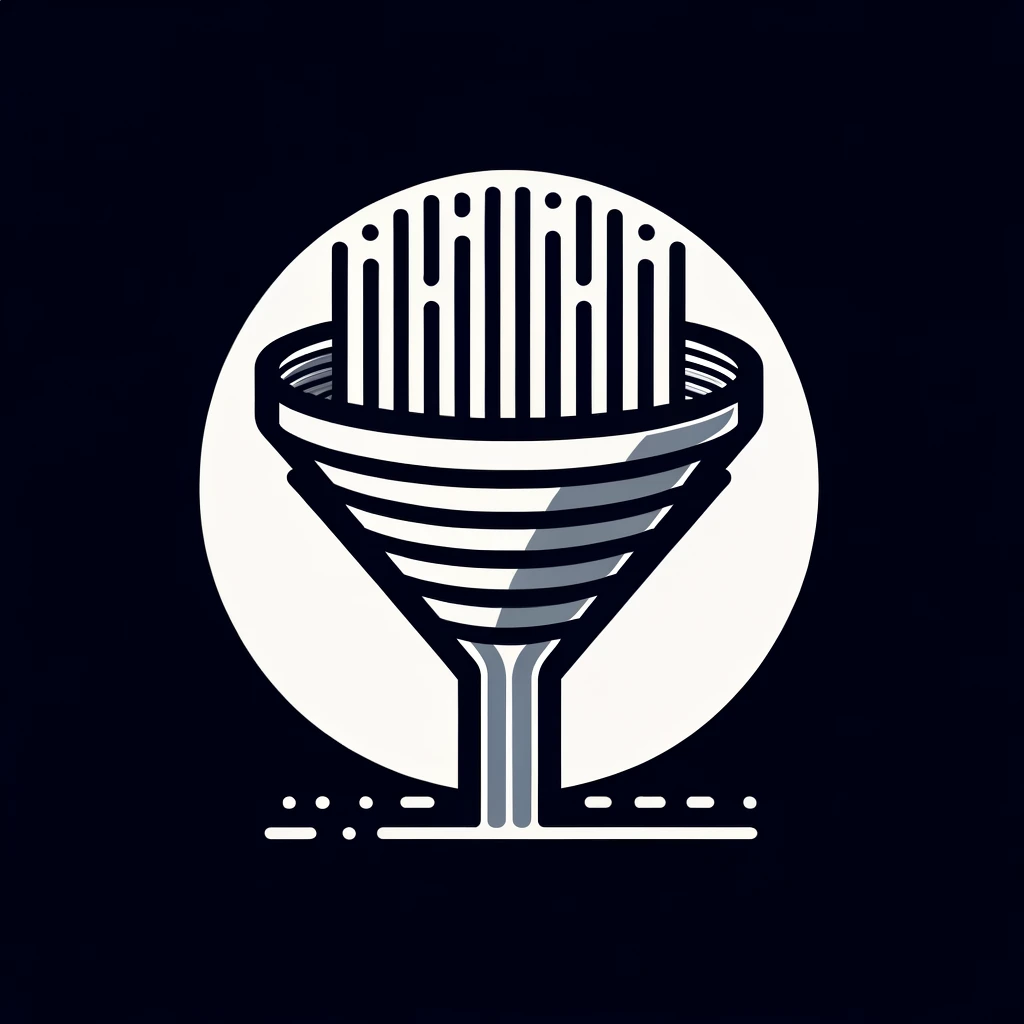
OpenAI has accused The New York Times of paying someone to hack its products, including ChatGPT, as part of a stratagem to establish a lawsuit against the AI maker. The company alleges that The New York Times made numerous attempts to generate anomalies by exploiting a bug in OpenAI’s models to support claims of copyright infringement. Despite the allegations, OpenAI argues that ChatGPT doesn’t serve as a substitute for NYT content. Meanwhile, The New York Times asserts it has found evidence of copyright infringement through OpenAI’s products. The legal battle hinges on complex issues like fair use and copyright laws.
Main Points
Allegations of hacking by NYT
OpenAI accuses The New York Times of hacking its products to set up a lawsuit, alleging ‘contrived attacks’ to gather evidence.
OpenAI's stance on ChatGPT usage
OpenAI argues that ChatGPT is not a substitute for NYT subscriptions, aiming to dismiss the majority of the lawsuit claims.
NYT's evidence of infringement
Ian Crosby, counsel for The New York Times, claims substantial evidence of OpenAI’s copyright infringement.
Insights
OpenAI alleges The New York Times of orchestrating attacks to support a lawsuit.
OpenAI now boldly claims that The New York Times ‘paid someone to hack OpenAI’s products’ like ChatGPT to ‘set up’ a lawsuit against the leading AI maker.
The New York Times used OpenAI products to find evidence of copyright infringement.
Ian Crosby stated that what OpenAI calls ‘hacking’ is using OpenAI’s products to find evidence of copying and reproducing The Times’s copyrighted works.
OpenAI denies ChatGPT as a substitute for The New York Times subscription.
OpenAI argued in a motion that ‘ChatGPT is not in any way a substitute for a subscription to The New York Times.’
Links
- Enlarge
- Busà Photography | Moment Unreleased
- court filing
- and it might
- may be forced to wipe ChatGPT and start over

